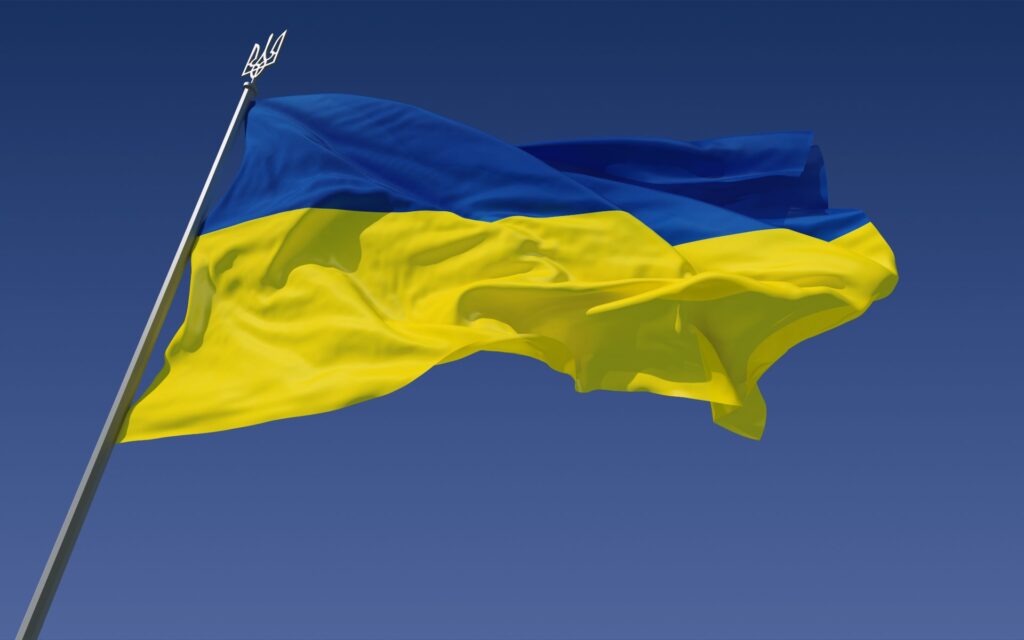
Video games may seem unimportant during times of crisis, but as the Russian invasion of Ukraine enters its second week, some key players in the games industry are stepping up to help address the growing humanitarian crisis.
Ukrainian studio GSC World was among the first to respond. Following Russia’s first incursions on February 24, the S.T.A.L.K.E.R. developer issued a statement on Twitter calling for fans and fellow developers to share the message of Ukraine’s struggle. GSC also linked to a special fundraising account the National Bank of Ukraine established to help fund the country’s armed forces.
Ubisoft, in a post on its press portal, announced it was taking steps to support staff in Ukraine after having monitored the situation for several months.
“Our top priority is to take care of the safety and wellbeing of our teams and their families, Ubisoft said in the statement. “As events escalated in mid-February, Ubisoft recommended all teams take shelter in a place they considered safe. To support them as they made these difficult decisions, each team member was provided additional funds to help cover exceptional costs and paid their salary in advance to account for any potential disruption to banking systems.”
Ubisoft also donated 200,000 Euros to the Ukrainian Red Cross and Save the Children to help address the growing humanitarian crisis.
The Witcher developer CD Projekt Red donated 1 million Polish złoty (approximately $222,000 USD) to the Polish humanitarian group Polska Akcja Humanitarna, while This War of Mine developer 11 Bit Studio pledged approximately $690,000 to the Ukrainian Red Cross. Bungie promised 100% of proceeds raised during the first 48 hours of its annual Game2Give fundraiser to humanitarian efforts, though didn’t specify an amount or organization.
Another notable contribution comes from Embracer Group, which promised $1 million to various humanitarian groups, including Red Cross and Act Alliance, and its CEO Lars Wingefores, who will match that donation with another $1 million for Embracer staff affected by the crisis.
Donations and expressions of support continued as the war stretched into its second week, with The Pokemon Company pledging $200,000 to Global Giving and Remedy Entertainment promising support for its Ukrainian and Russian employees and a $52,000 donation to the Red Cross.
However, studios and publishers also started taking more punitive actions. On March 4, CD Projekt Red announced it would stop all sales in Russia and Belarus, including on the Good Old Games digital storefront it owns, and The Medium developer Bloober Team also said it would stop sales in both territories. Sony halted the launch of Gran Turismo 7 in Russia, and both Microsoft and Intel have ceased sales and shipments of new products to Russia. At the close of the business day on March 4, EA also announced it would stop sales of its games and services in Russia.
As the humanitarian cost of Russia’s war on Ukraine continues to grow, the Council on Foreign Relations predicts the true devastation won’t be clear until later and will likely be worse than the current numbers suggest. Halting game sales may not hinder the Russian war machine, but the outpouring of donations from the video games industry–one of the most lucrative in the world–is more than just a show of support. It’s vital for recovery.
 GameDaily.biz © 2024 | All Rights Reserved.
GameDaily.biz © 2024 | All Rights Reserved.